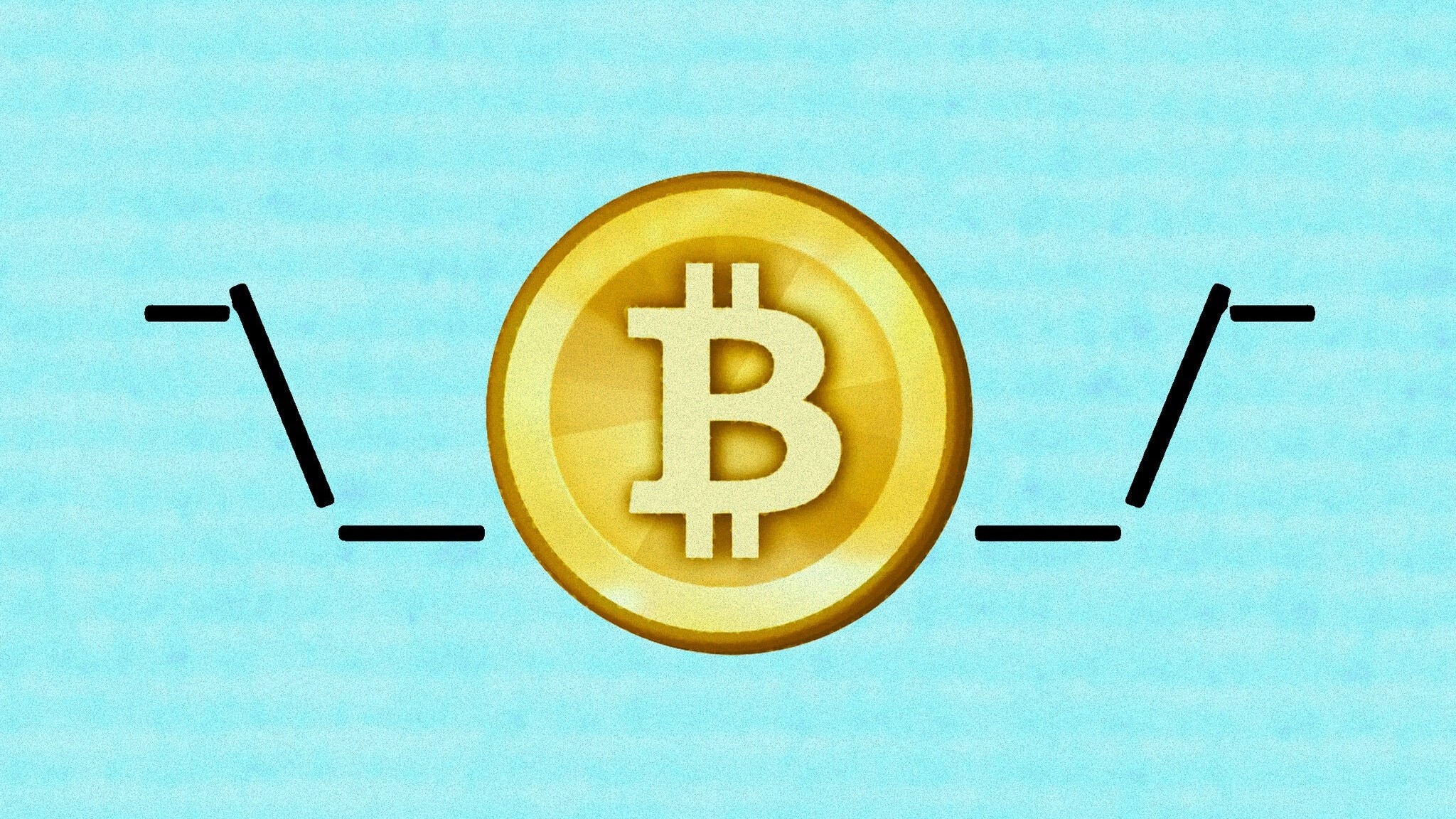Every morning, we run The Narrative Machine on the past 24 hours worth of financial media to find the most on-narrative (i.e. interconnected and central) stories in financial media. It’s not a list of best articles or articles we think are most interesting … often far from it. But for whatever reason these are articles that are representative of some chord that has been struck in Narrative-world. And whenever we think there’s a story behind the narrative connectivity of an article … we write about it. That’s The Zeitgeist. Our narrative analysis of the day’s financial media in bite-size form.
To receive a free full-text email of The Zeitgeist whenever we publish to the website, please sign up here. You’ll get two or three of these emails every week, and your email will not be shared with anyone. Ever.

Indonesia Says Throw Eggs Away to Support Chicken Meat Prices [Bloomberg]
“In Indonesia, the chicken comes before the egg.
At least in the sense that the government is asking poultry breeders to throw away 10 million eggs or give them away for free in an attempt to support slumping chicken prices. It’s hoping that a reduction in the number of eggs that may hatch will shrink chicken supplies and prop up retail prices that are near a three-year low.”
No idea why a Bloomberg piece about the collapse in Indonesian poultry prices was one of the day’s most interconnected financial media articles in narrative-world … probably just the sheer absurdity of a world where destroying 10 MILLION eggs is a reasonable policy for propping up the fortunes of industrial protein farmers.
But I’ll take any opportunity to reprint the very first Note from the Field, the very first note to link my experience as a dilettante farmer with my experience as a professional investor.
Here’s a section of that note in the clear, originally titled “Fingernail Clean”, but better titled:
The Industrially Necessary Egg
In modern farming and in modern investing, we have become prisoners of the monoculture. It’s efficient. It’s necessary for a mass society of ever-increasing Desire.
But here’s the thing …


In the investment monoculture, you’re not the farmer.
Fresh eggs are, in fact, one of the best things in life, and they (almost) make up for the necessity of dealing with the evil reptilian brain of the modern-day chicken. A fresh egg is notable for both its yolk (an orange-yellow that seems to glow, not the flat yellow-yellow you get in a store-bought egg) and its white (the fresher the albumen, the greater its coherence, so that you can, for example, poach a very fresh egg without putting vinegar in the water). A fresh egg is also notable for the fact that, depending on where it was laid and when it was collected, it may have dried chicken poop on the shell.
Now an eggshell is semi-permeable, and a fresh eggshell has a thin anti-bacterial protective layer called the “bloom”, so you don’t want to soak it in soapy water, or really any water at all. You can use an enzymatic egg wash to loosen the “dirt”, but really all you need to do is moisten the spot and scrape it with your fingernail until it’s clean. Not scrubbed. Not pristinely clean. Just fingernail clean. That’s really the optimal outcome.
Here’s another truth about fresh eggs: you don’t need to refrigerate them. They’ll keep for a month just sitting out on your kitchen counter. They don’t rot. They don’t start to smell. They don’t serve as a Petri dish for salmonella or some other dread bacterium. Seriously.
So you don’t have to refrigerate your fresh eggs. But if you scrub your eggs all nice and perfectly clean, removing the anti-bacterial bloom layer in the process, then you have to refrigerate them. Similarly, if you start refrigerating an egg, then you have to keep refrigerating it. You can’t go back and forth.
Of course, you can’t scrape eggs fingernail clean on an industrial scale, and there really are dread diseases running rampant in every industrial protein monoculture facility, whether it’s for eggs or chickens or cows or pigs or whatever, which is why antibiotics are constantly fed to these animals. You can’t be certain that industrially produced eggs will get to a buyer within a month, and you certainly can’t be certain they’ll be kept at room temperature over that span. So you wash the hell out of the industrially produced egg, and you introduce it to refrigeration as soon as you can for storage and transport. That’s why the spotless, refrigerated egg is all we know. It’s necessary for effective and profitable industrial production.
But because the spotless, refrigerated egg is all we know, we believe anything to the contrary must be a defective and potentially diseased egg. Not a better egg, which is the truth, but a worse egg. A bad egg. You see this all the time when you give people fresh eggs. They’re disturbed if the eggs aren’t housed in an egg carton and cool to the touch. They get freaked out if the eggs aren’t perfectly, and I mean perfectly, clean.
We have been well and truly trained to accept the Industrially Necessary Egg as the Good Egg.
It’s the same with all dairy products. It’s the same with all industrially produced proteins. It’s the same with all industrially produced anything.
So many ideas that we take as immutable truths of safety or goodness, whether those truths concern the food we eat or the stocks we buy, are not truths at all. They are conveniences, and not conveniences for us, but for the sellers of the food we eat or the stocks we buy.
Do you really think that an ETF (and let’s recall what those letters stand for — an Exchange Traded Fund) was designed for your benefit? I wrote the following in September, 2015 in an Epsilon Theory note called “Season of the Glitch”. It bears repeating.
The key letter in an ETF is the F. It’s a Fund, with exactly the same meaning of the word as applied to a mutual fund. It’s an allocation to a basket of securities with some sort of common attribute or factor that you want represented in your overall portfolio, not a fractional piece of an asset that you want to directly own. Yes, unlike a mutual fund you CAN buy and sell an ETF just like a single name stock, but that doesn’t mean you SHOULD. Like so many things in our modern world, the exchange traded nature of the ETF is a benefit for the few (Market Makers and The Sell Side) that has been sold falsely as a benefit for the many (Investors). It’s not a benefit for Investors. On the contrary, it’s a detriment. Investors who would never in a million years consider trading in and out of a mutual fund do it all the time with an exchange traded fund, and as a result their thoughtful ETF allocation becomes just another chip in the stock market casino. This isn’t a feature. It’s a bug.
More recently, both Rusty Guinn and I have been hammering on this point in Epsilon Theory notes: ETFs are the epitome of active trading. They exist because we can’t help ourselves. We demand the ability to actively manage our portfolio on a minute-by-minute, second-by-second basis. We’re addicted to the “news” on CNBC and the rush we get from playing the hand and the false sense of security we derive from the immediate liquidity and the false satisfaction we derive from making the decision ourselves. We fancy ourself to be a macro investor — able to select this sector or that sector, this geography or that geography, this theme or that theme, this asset class or that asset class — and that’s why ETFs exist. We’ve been sold the idea that we’re excellent macro investors, just as smart and observant and on top of things as all those fat cats we read about. We’ve been sold the idea that it’s a Good Thing for us to “take control” of our portfolio and give the boot to all of those “so-called experts” with their “out of control fees”.
It’s a powerful idea because, like all powerful ideas, there’s more than a little truth to it. Fees are often too high. Experts and advisors are often just marketing shills. That’s all true. But what’s also true is that you are not an excellent macro investor. Sorry. And more to the point, there’s no need for you to be an excellent macro investor and still achieve your investment goals. But so long as we allow ourselves to be well and truly trained into believing that the Industrially Necessary Financial Innovation is the Good Financial Innovation, it’s harder to achieve those goals. Like a store-bought egg, ETFs are occasionally necessary, and always convenient. But they can’t hold a candle to a fingernail clean fresh egg.


Ben, two words…“marginal utility”. I’ve never understood the fascination nor pain in the a$$ of having chickens for eggs…when eggs can be bought for a nickel per dozen. Like many things in life, eggs are subject to my “go, no-go” gauge that is “good enough”. Please elucidate the benefits off fresh eggs when not eaten alone, but rather are in the main used as part of some other dish/recipe. My prediction, the benefit asymptotically approaches zero.
Your points on ETFs are spot on…even before considering the Fed’s plan/work in 2014 to impose gates on getting out of ETFs (wait 6 months to get you money back…or get delivery in-kind). What the cluck?
I found a documentary on industrial produced eggs on youtube.
https://www.youtube.com/watch?v=5wAlQf4WdiE
Ben and the industrial egg dilemma. We can’t go back……
In Bloomberg News this week.
“Germany’s Bayer says thousands of lawsuits against it in the US represent an existential threat.”
What they are saying is, imo, "Yes, it represents an existential threat to our company’s survival. BUT, without Roundup TM, it represents an existential threat to our farmers AND the price of food.
https://www.bloomberg.com/news/articles/2024-05-23/bayer-ceo-calls-roundup-claims-a-risk-to-world-food-security?cmpid=BBD052424_prognosis&utm_medium=email&utm_source=newsletter&utm_term=240524&utm_campaign=prognosis&sref=2ZRjwsCE
Chief Executive Officer Bill Anderson said the wave of lawsuits over its Roundup weedkiller is an “existential” threat to the company and farmers, ratcheting up the stakes as it considers a controversial legal maneuver.
They are saying that Bayer and the world cannot live without Roundup.
Jim
Rodale Institute, considered the originator of the Organic farming movement , would beg to differ. We can go back and be a healthier populace with healthier soil.